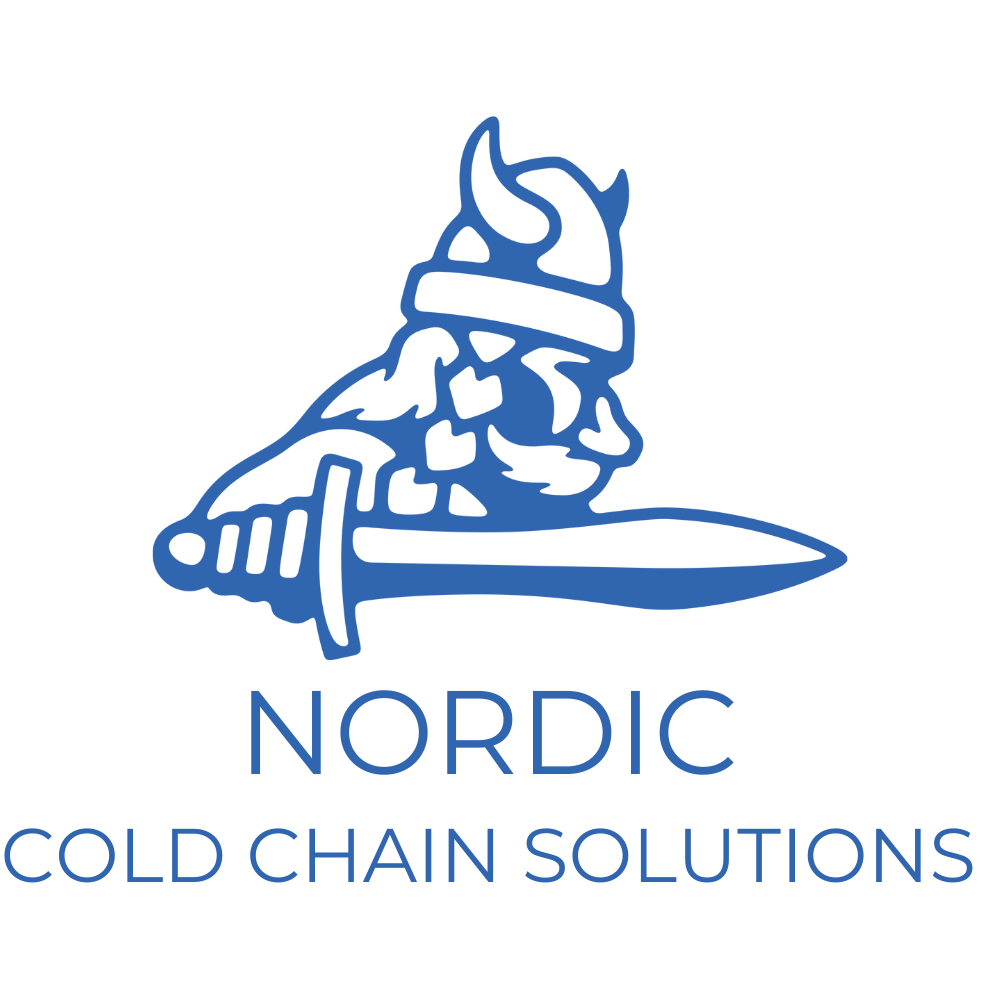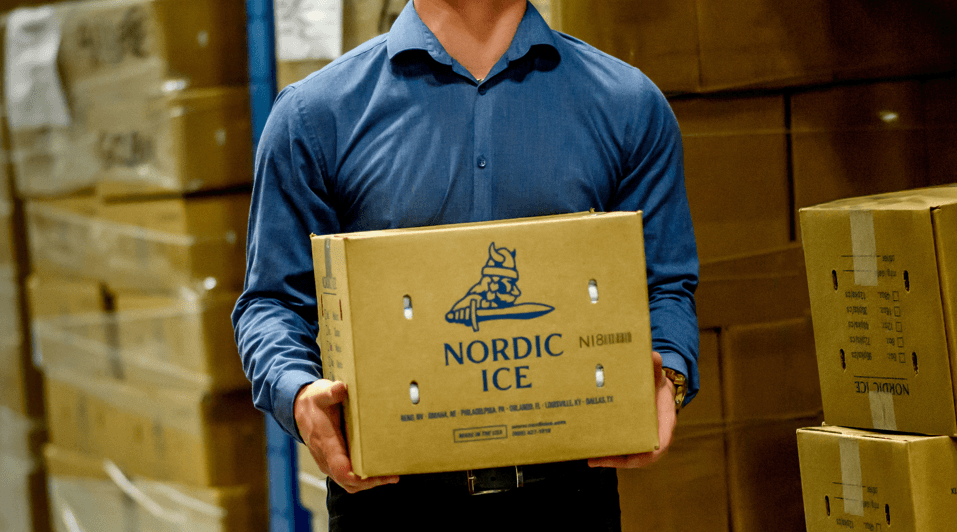In the ever-evolving world of specialty food packaging, ensuring product integrity from production to consumption is paramount. Liners are critical in this process, acting as guardians and maintaining the desired conditions during transit. As businesses strive to meet consumer demands for quality and sustainability, selecting the appropriate liners becomes essential. This guide delves into the crucial aspects to consider when choosing liners for specialty food packaging, focusing on insulation properties, moisture resistance, and sustainability.
Key Considerations for Choosing Liners
Maintaining the correct temperature is vital for preserving the quality and safety of food products. Insulation properties of liners are crucial in this regard. Different foods require specific thermal conditions to prevent spoilage and ensure freshness. For example, perishable items like dairy products and fresh produce need consistent cooling, while frozen foods must remain at sub-zero temperatures.
Liners designed for insulation help in maintaining these conditions by reducing heat transfer. Materials such as reflective bubble wrap and insulated foam liners are commonly used due to their excellent thermal properties. These liners create a barrier that protects the contents from external temperature fluctuations, thereby preserving the food’s integrity.
Temperature Extremes
Many liners are designed for products tolerant to temperature extremes, ideal for short shipping distances up to 24 hours. These liners feature a reflective foil bubble material with a nylon barrier to prevent odor transfer, making them perfect for transporting food items.
They are collapsible for easy transport and can be combined with refrigerant packs for protection. These liners offer excellent temperature control, are crack-resistant, and are available in various sizes, ensuring a tailored solution for cold chain shipping needs.
Recyclability and Environmental Impact
In today’s eco-conscious market, the sustainability of packaging materials is a significant consideration. Businesses increasingly opt for liners that protect their products and minimize environmental impact. Recyclability and eco-friendly materials are critical factors in this decision-making process.
Various sustainable liner options, such as paper-based liners and biodegradable materials, are available. These liners are designed to break down more quickly in the environment or be repurposed through recycling. Choosing such liners helps reduce the carbon footprint and aligns with consumer expectations for sustainable practices.
Looking Forward
Selecting the proper liners for specialty food packaging is a multi-faceted process that involves balancing insulation needs, moisture resistance, and sustainability. By considering these factors, businesses can enhance their products’ safety, quality, and environmental footprint. Nordic Cold Chain Solutions offers a range of liners designed to meet these diverse needs, ensuring that your specialty food products are well-protected throughout the supply chain.







